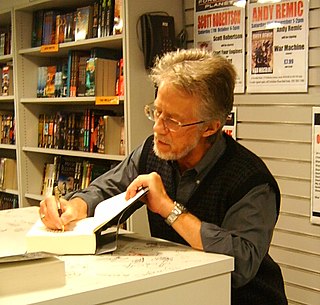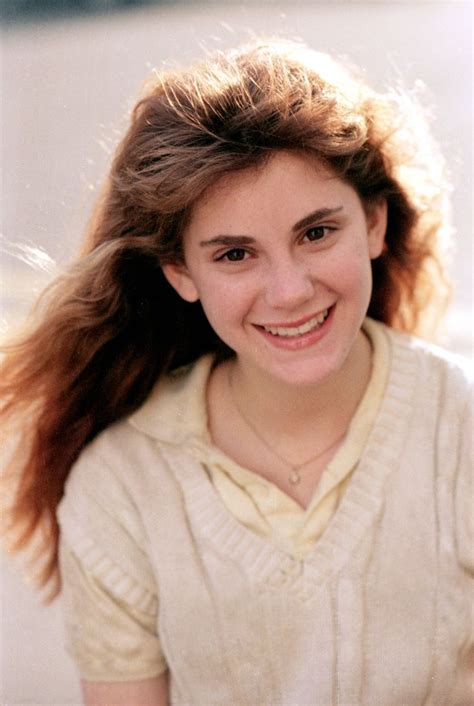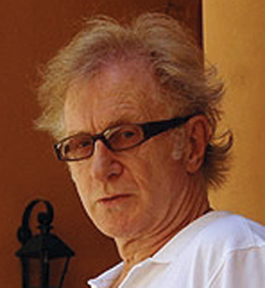A Quote by Stephen R. Donaldson
Steven Erikson is an extraordinary writer. I read Gardens of the Moon with great pleasure. And now that I have read it, I would be hard pressed to decide what I enjoyed more: the richly and ominously magical world of Malaz and Genabackis; the large cast of sympathetically-rendered characters; or the way the story accumulates to a climax that hits like machinegun fire. My advice to anyone who might listen to me is, Treat yourself to Gardens of the Moon. And my entirely selfish advice to Steven Erikson is, write faster.
Quote Topics
Advice
Anyone
Cast
Characters
Climax
Decide
Enjoyed
Entirely
Erikson
Extraordinary
Faster
Fire
Gardens
Great
Great Pleasure
Hard
Hits
Large
Like
Listen
Listen To Me
Magical
Me
Might
Moon
More
Now
Pleasure
Pressed
Read
Rendered
Selfish
Steven
Story
Treat
Treat Yourself
Way
World
Would
Would Be
Write
Writer
Yourself
Related Quotes
Bad Gardens copy, good gardens create, great gardens transcend. What all great gardens have in common are their ability to pull the sensitive viewer out of him or herself and into the garden, so completely that the separate self-sense disappears entirely, and at least for a brief moment one is ushered into a nondual and timeless awareness. A great garden, in other words, is mystical no matter what its actual content.
I get to listen to a lot of this music again doing my DJ work on Little Steven's Underground Garage. To hear Van [Morrison] on Them's version of "It's All Over Now, Baby Blue"- what a vocal, and what an arrangement. Also, I get to hear so many records that I missed the first time around - The Chocolate Watchband, Roky Erikson. It's an audio food fest, a total privilege, a second chance.
My favorite thing is landscaping. I love landscaping. And so what I'll do is, mostly I put language into search engines, and if I want to look, like, at tulip gardens, or, like, Georgian gardens, i love English gardens, how they're laid out. Japanese gardens, Asian gardens. So, I'm kind of a frustrated landscaper.
It's hard to tell if anyone's interested in reading a serialized story. But it's interesting to put in a cliffhanger each week. That was popular in old comic strips. They'd write a weekend story different from the daily strip. So people follow one story day to day, and a separate story on weekends. If you read them, you think "I'll read two more." Then you're like "I gotta find out!" And you read 500 more.
For me writing is a long, hard, painful process, but it is addictive, a pleasure that I seek out actively. My advice to young writers is this: Read a lot. Read to find out what past writers have done. Then write about what you know. Write about your school, your class, about your teachers, your family. That's what I did. Each writer must find his or her own kind of voice. Finally, you have to keep on writing.
The best advice I can give on this is, once it's done, to put it away until you can read it with new eyes. Finish the short story, print it out, then put it in a drawer and write other things. When you're ready, pick it up and read it, as if you've never read it before. If there are things you aren't satisfied with as a reader, go in and fix them as a writer: that's revision.
I treat people who write me the way my friends and I all treat each other when we go to each other for advice, which is sometimes with supreme cruelty. I think that's what helps the advice sink in. If somebody comes at you with both barrels, the first shot opens your head, and the second shot allows the advice to get lodged inside.
Read Becoming a Writer by Dorothea Brande. Then do what it says, including the tasks you think are impossible. You will particularly hate the advice to write first thing in the morning, but if you can manage it, it might well be the best thing you ever do for yourself. This book is about becoming a writer from the inside out. Many later advice manuals derive from it. You don't really need any others, though if you want to boost your confidence, "how to" books seldom do any harm. You can kick-start a whole book with some little writing exercise.





































